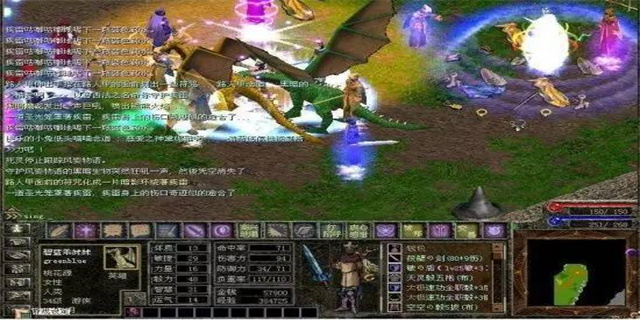Out of Memory: Understanding and Managing Memory Issues
Introduction:
As technology advances and our devices become more powerful, the demand for memory in our applications continues to grow. However, with such high demand, issues like memory leaks and out-of-memory errors have become increasingly common. In this article, we will explore the concept of memory management, understand the causes of out-of-memory errors, and learn some effective methods to manage memory issues.

The Importance of Memory Management:
Memory management plays a crucial role in the smooth operation of any application. It involves the allocation and deallocation of memory resources to different parts of the program as and when needed. Inefficient memory management can lead to memory leaks, where memory that is no longer in use is not released, causing a gradual depletion of available memory. Eventually, this can result in an out-of-memory error, crashing the application.

Causes of Out-of-Memory Errors:
1. Memory Leaks:
Memory leaks are one of the primary causes of out-of-memory errors. They occur when allocated memory is not properly deallocated, often due to a coding error. As a result, memory is consumed over time, leading to a gradual loss of available memory. Common causes of memory leaks include improperly destroyed objects, unreleased resources, and circular references.
2. Insufficient Memory Allocation:
Another cause of out-of-memory errors is allocating insufficient memory for a task. When an application tries to allocate more memory than what is available, it leads to an out-of-memory error. This can happen if the program does not estimate the memory requirements accurately or if it fails to handle peak usage scenarios.
3. Fragmentation:
Fragmentation occurs when the memory heap becomes divided into small, non-contiguous blocks, resulting in inefficient memory utilization. This can cause memory allocation failures, even if the total available memory is sufficient. As a result, the application may throw out-of-memory errors, despite having free memory.
Managing and Preventing Memory Issues:
1. Identify and Fix Memory Leaks:
To prevent memory leaks, developers should meticulously review their code and identify instances where memory is not properly released. Properly managing object destruction, releasing resources, and avoiding circular references can significantly reduce memory leaks. Regular code reviews and memory profiling tools can help identify potential memory leaks in large codebases.
2. Optimize Memory Usage:
Optimizing memory usage involves efficient allocation and deallocation of memory. Allocating memory only when necessary and releasing it promptly when no longer needed can help prevent out-of-memory errors. It is also important to avoid unnecessary memory duplication and load only the required data into memory. This can be achieved by lazy loading and paging mechanisms.
3. Implement Proper Error Handling:
An effective error handling mechanism can prevent unexpected crashes due to out-of-memory errors. By handling and gracefully recovering from memory allocation failures, developers can provide a better user experience. Strategies like caching frequently used data and using memory limiters can help mitigate the impact of out-of-memory errors.
Conclusion:
Memory management is a critical aspect of application development. Understanding the causes of out-of-memory errors and implementing effective memory management techniques can help developers build robust and stable applications. By identifying and fixing memory leaks, optimizing memory usage, and implementing proper error handling, developers can mitigate the risks of out-of-memory errors, ensuring a seamless user experience.
Remember, in the realm of memory management, proactive measures are essential to prevent memory issues and ensure optimal performance.


























